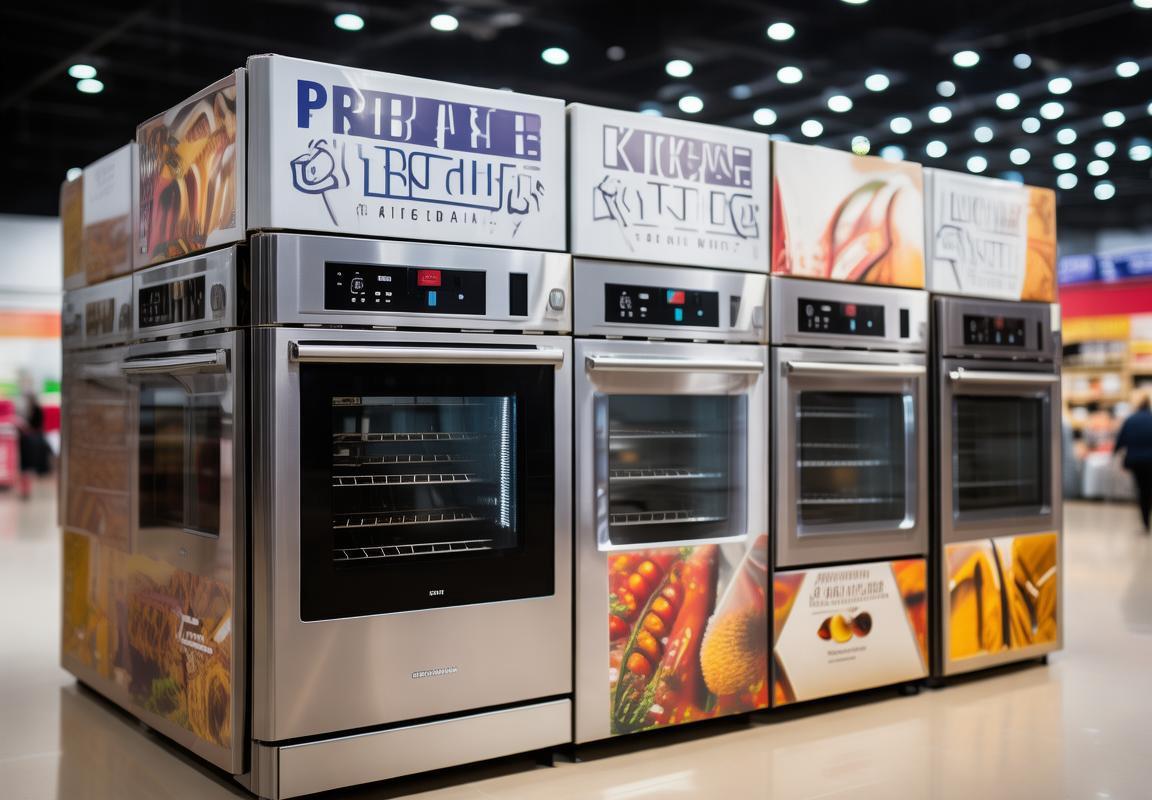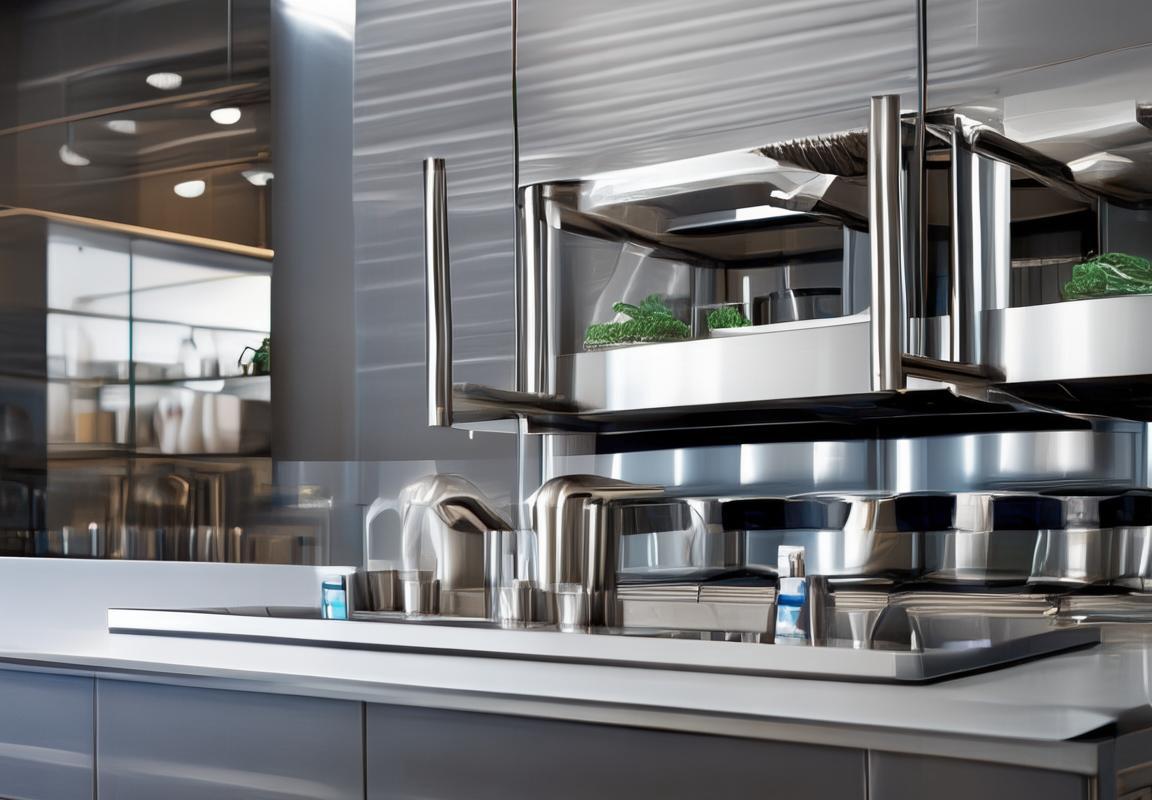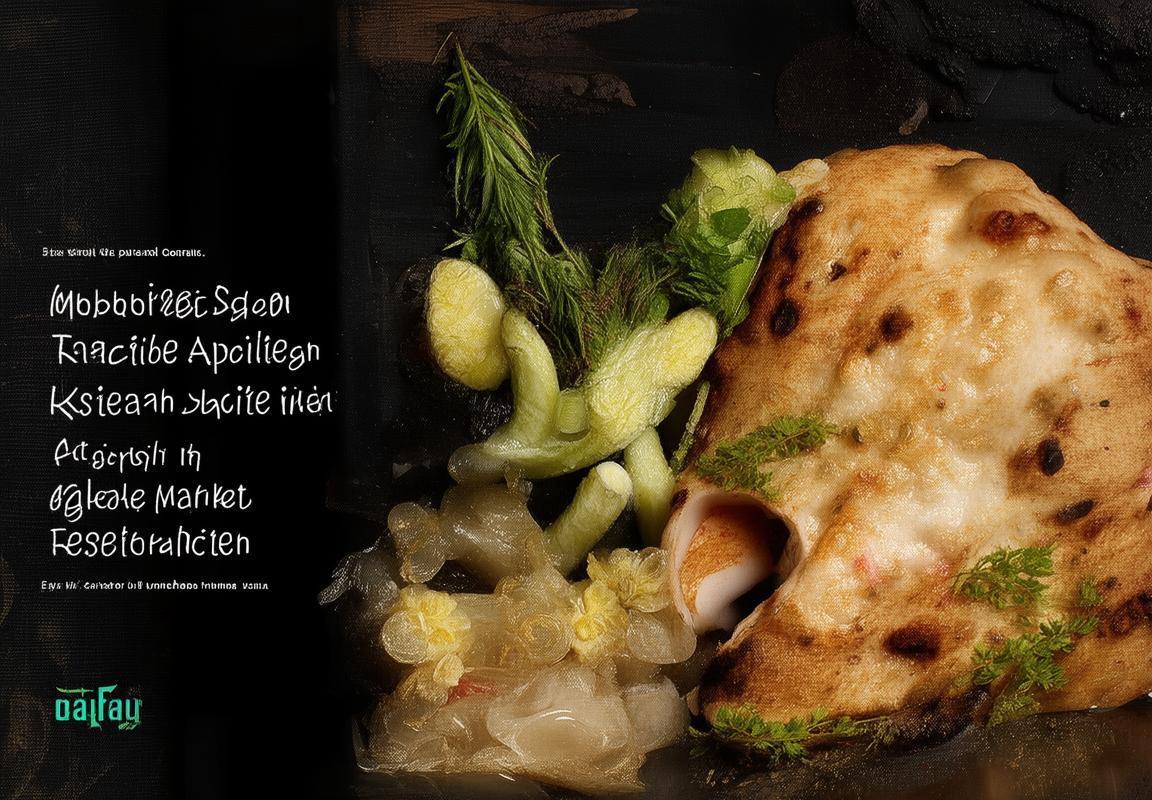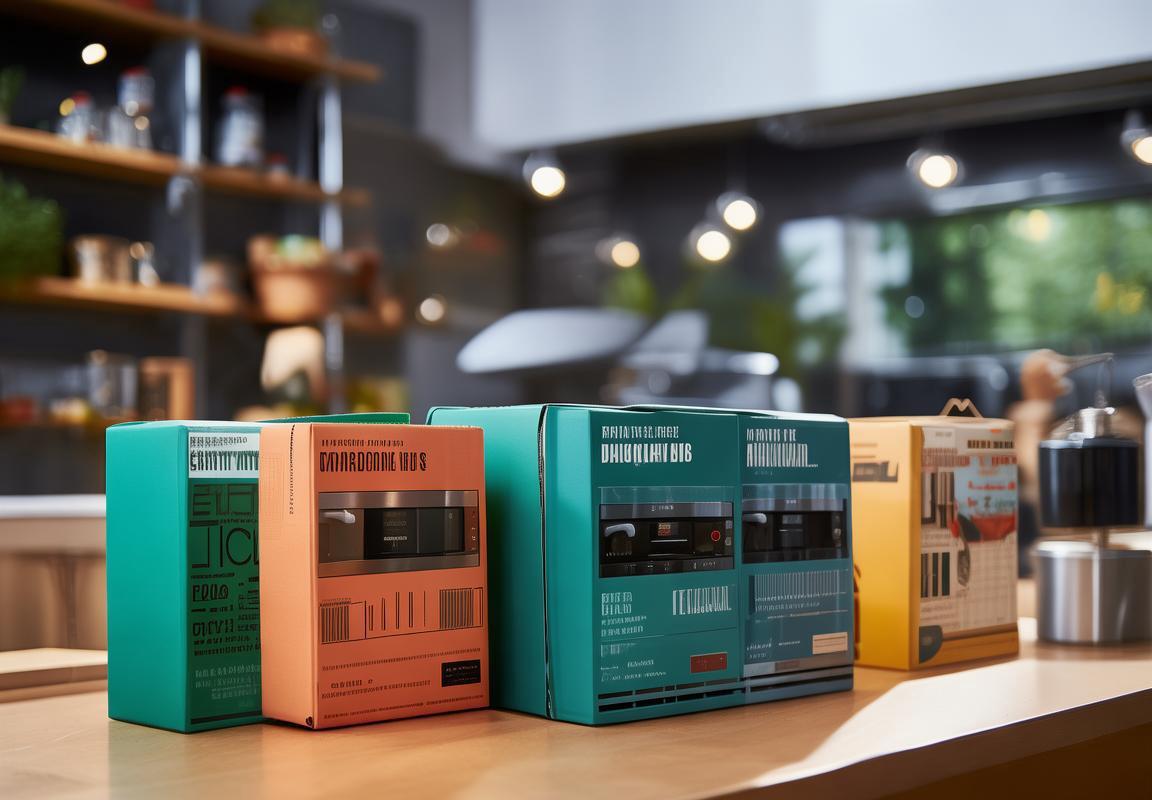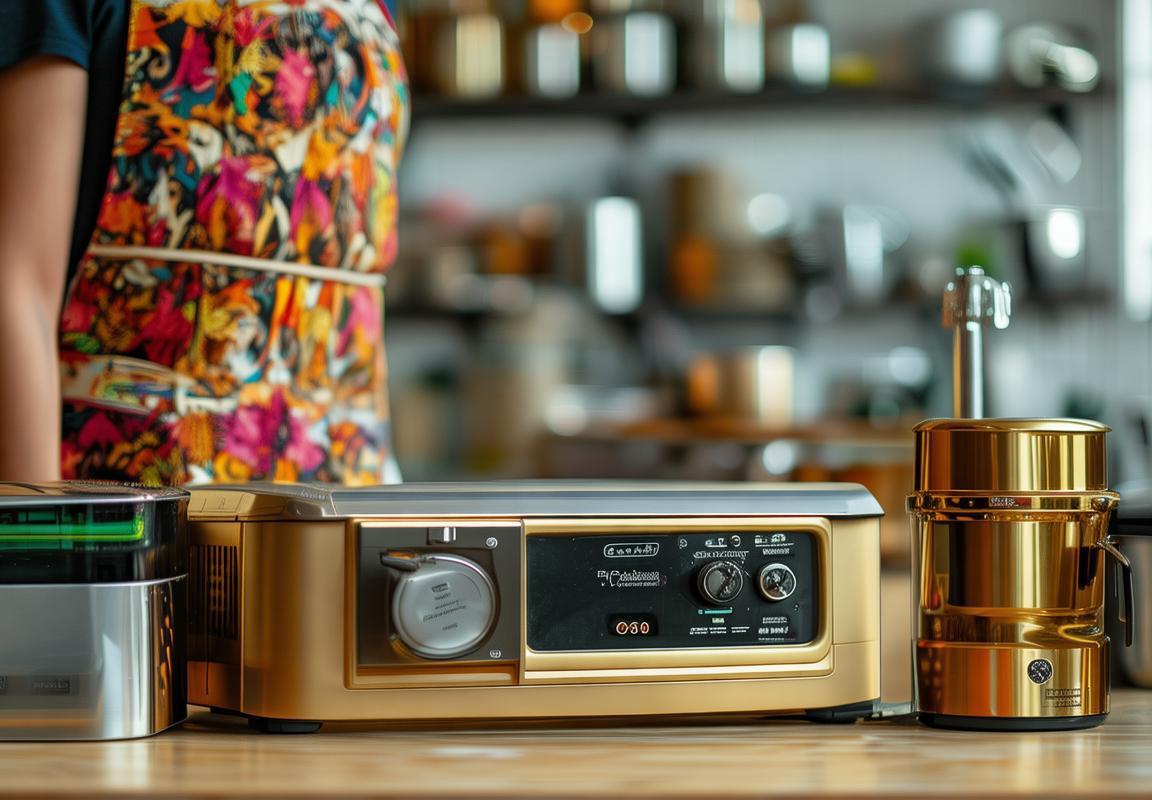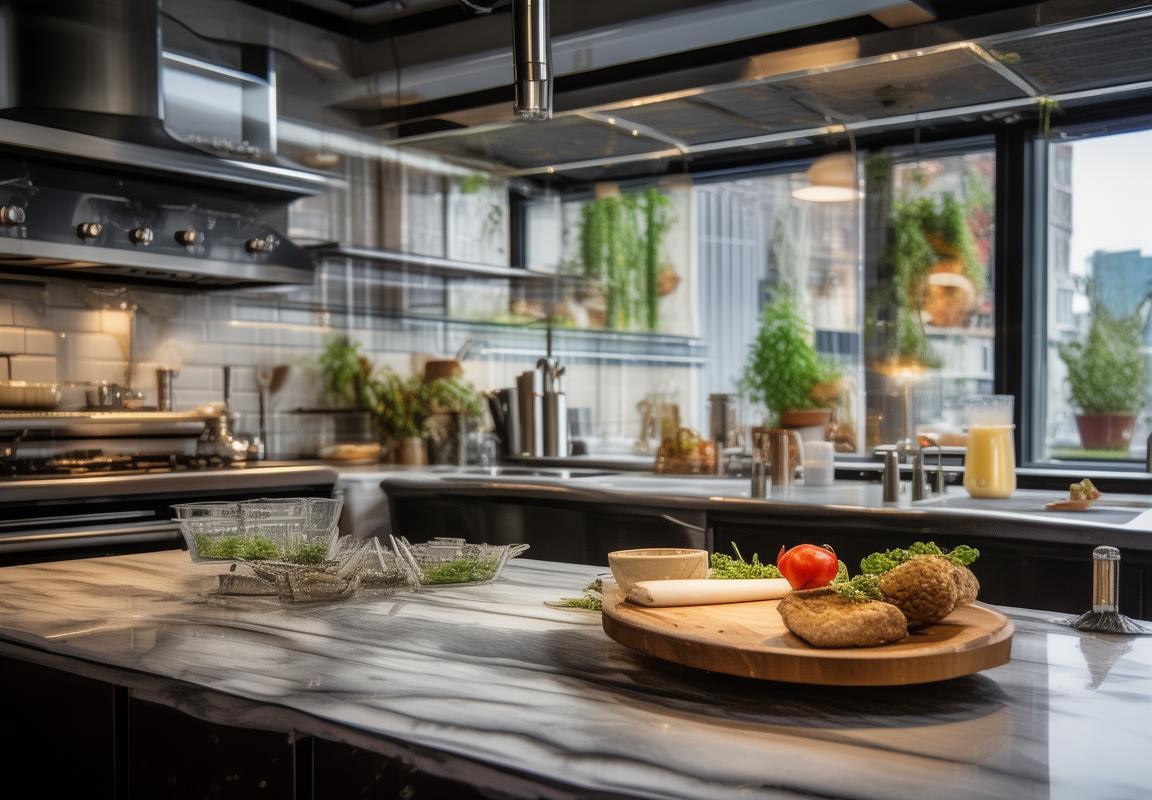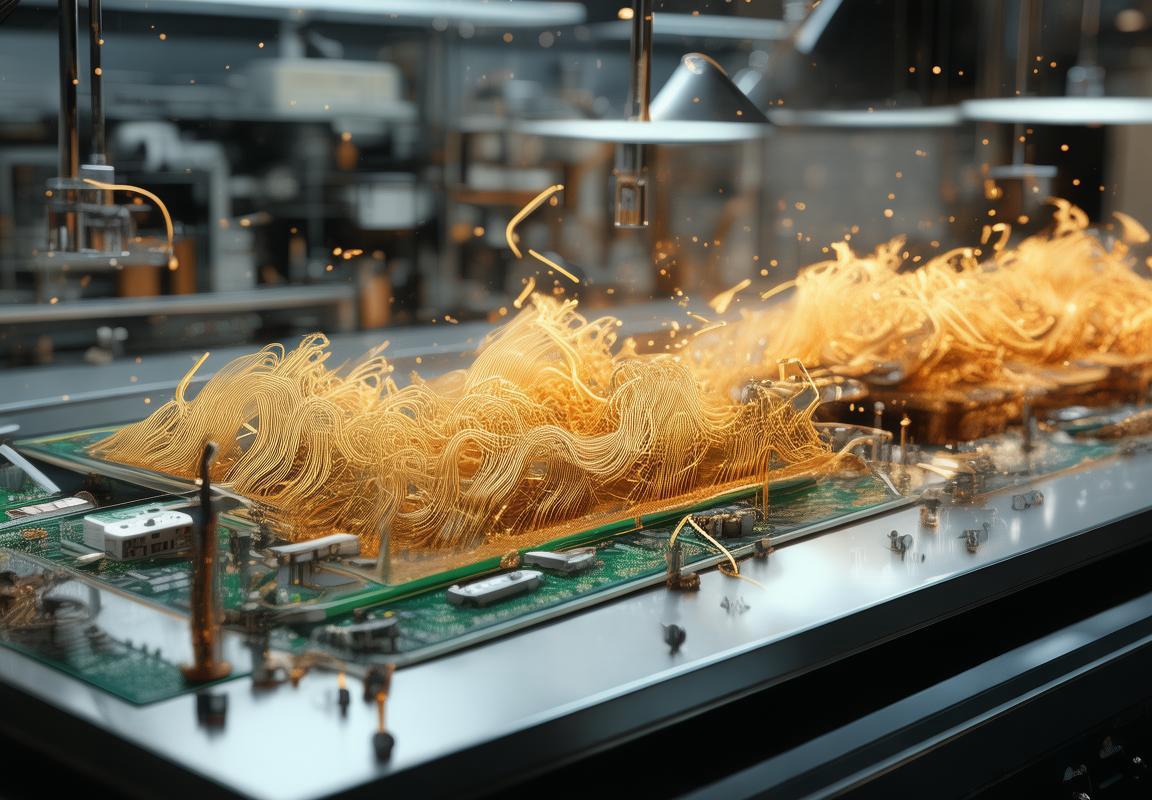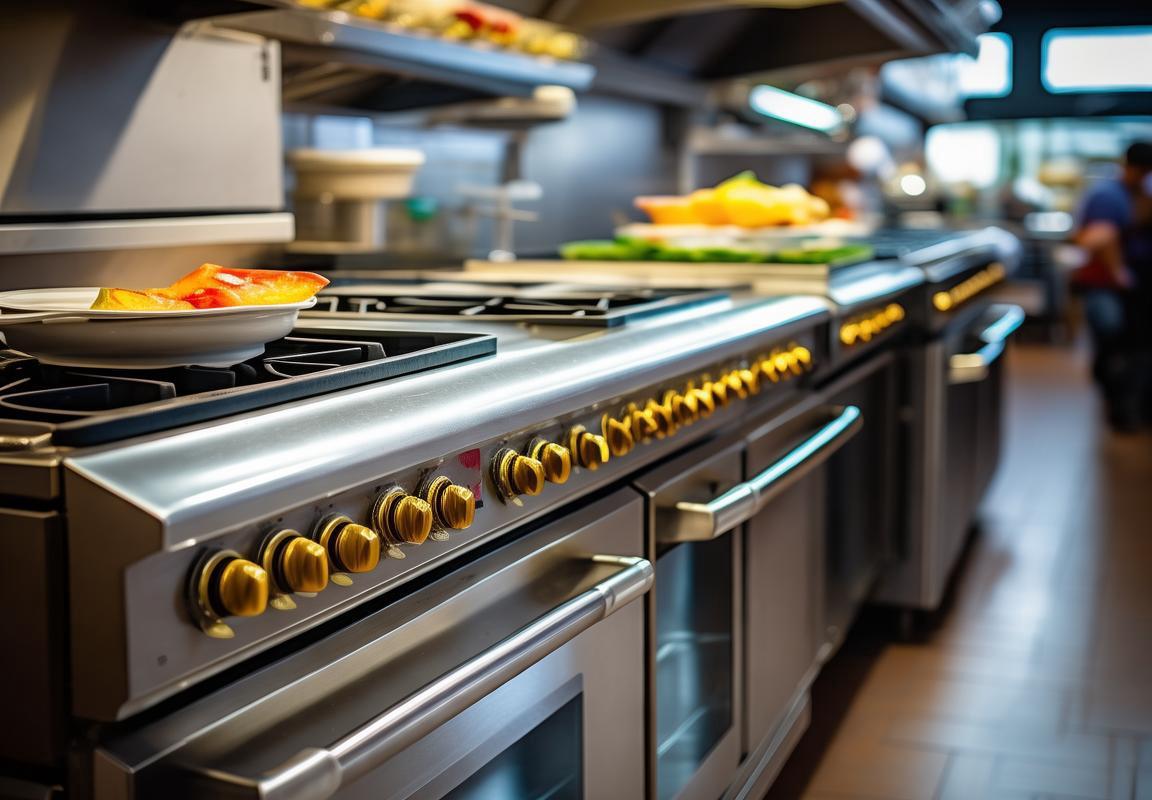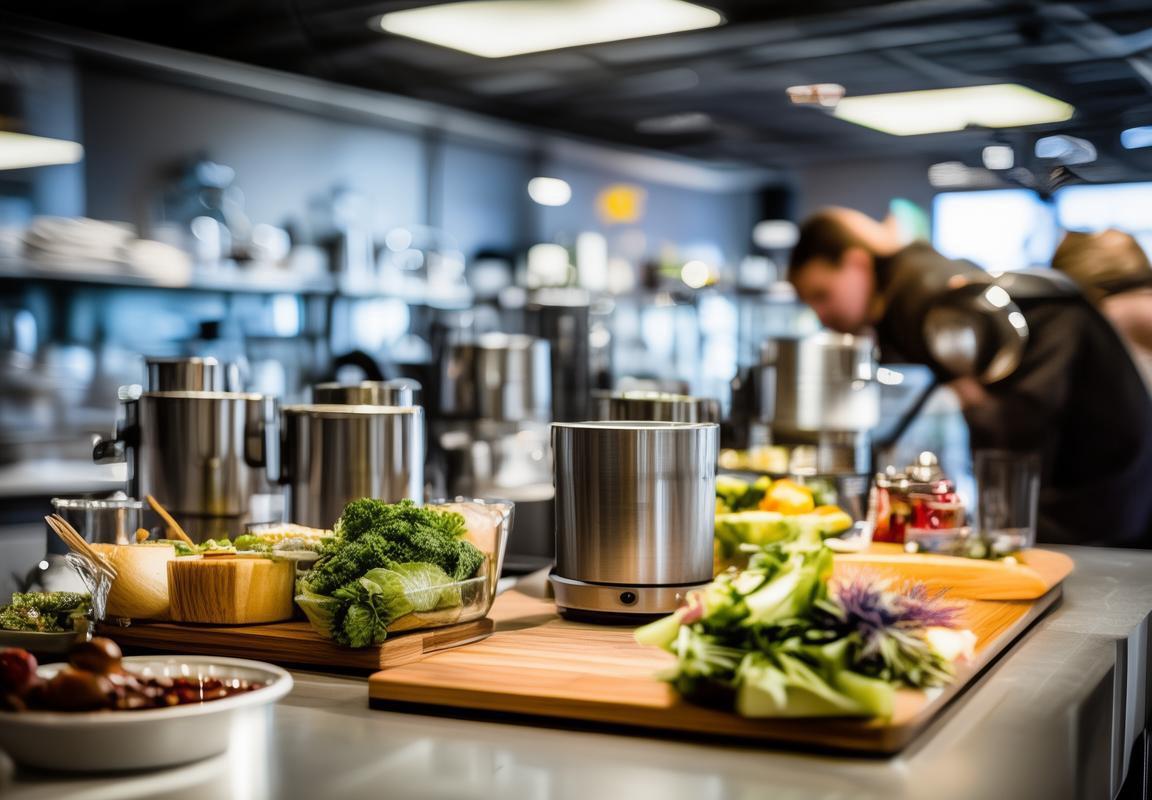Private Label Kitchen Appliance Packaging: Features and Innovations Explained
In the competitive retail landscape, private label kitchen appliance packaging is a critical factor in distinguishing products on shelves. It not only protects the appliance but also communicates its features and brand identity. Private Label offerings have evolved to meet diverse consumer needs, offering cost-effective, high-quality appliances with sleek packaging designs. Key features of this packaging include clear product information, attractive aesthetics, and sustainable materials, aiming to enhance customer satisfaction and differentiate the product from name-brand competitors. As the market continues to grow, private label kitchen appliance packaging will play a pivotal role in showcasing the unique features and value of these appliances to consumers.
